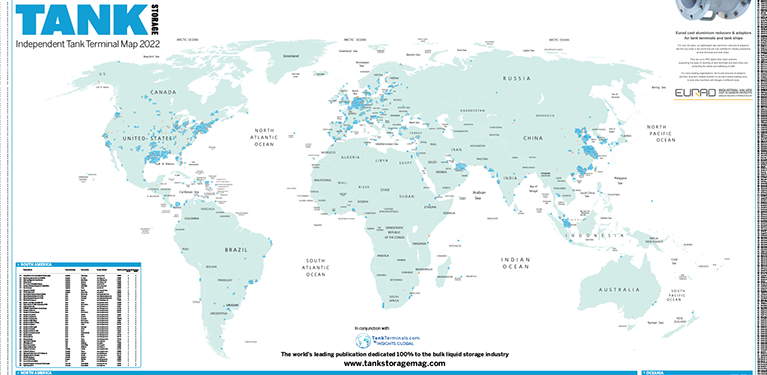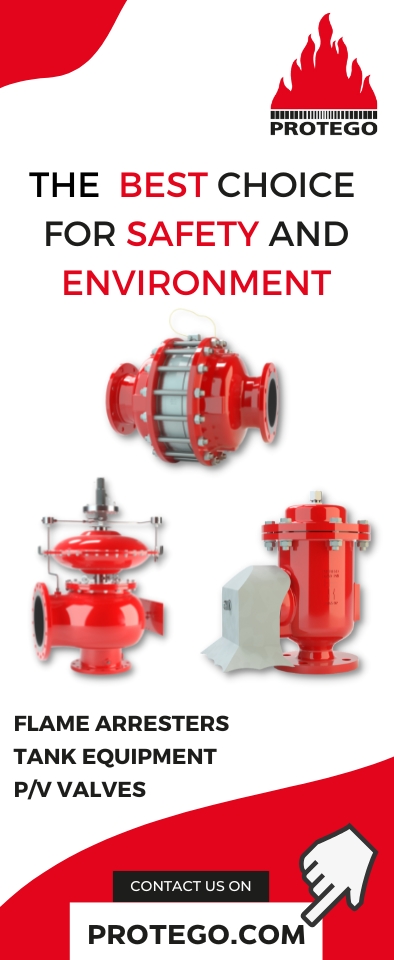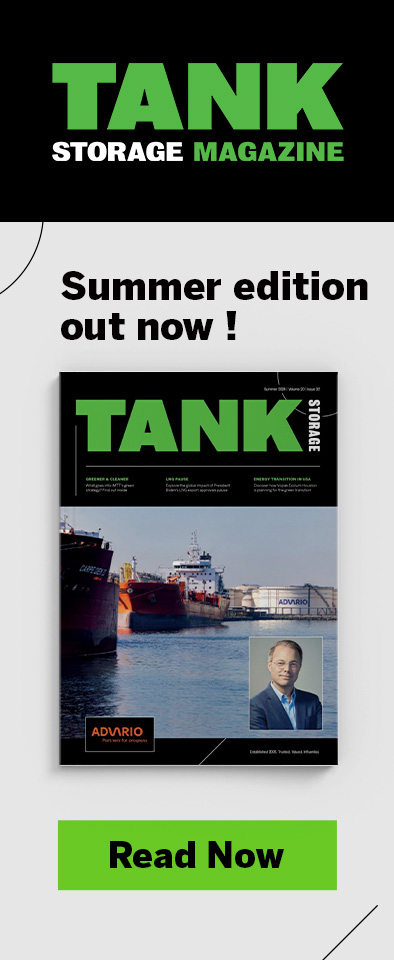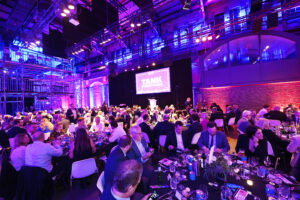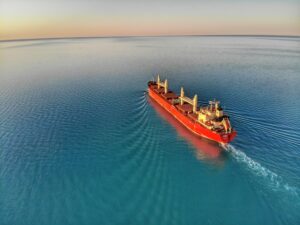Alexander Fokker, managing director at Vopak, explains the development of its sustainable feedstock storage in Rotterdam

Vopak Vlaardingen is a terminal in the Port of Rotterdam, the Netherlands, that’s keeping up with the times. Today, the terminal uses drones for its inspections and with its new tanks, the terminal has an important role in the rising demand for energy from renewable sources in Europe. The regular refurbishments of old infrastructure in combination with the passion and mentality of the colleagues at Vopak Vlaardingen, have kept the terminal young.
Hub location
Vopak Vlaardingen is a large-scale independent terminal with deep sea access in the Port of Rotterdam, the Netherlands. There are 310 tanks with a total capacity of over 600,000 m³, specialised in storing vegetable oils and fats, oleochemicals, biodiesel and base oils. The terminal offers solutions to suit a wide range of tank sizes in both mild steel and stainless steel, serving various transport modalities.
‘The terminal also has the perfect hub location for customers that are trading, distributing and producing across Europe and the rest of the world,’ says Alexander Fokker, managing director for Vopak Vlaardingen and Vlissingen. Situated in the heart of the industrial cluster, the Rotterdam terminal has a long-term commercial agreement with Shell to store the feedstocks for Shell Netherlands’ new biorefinery.
Tank refurbishments & Terminal Expansion
Most of the existing tanks at the terminal have been demolished. Two of the old tanks were converted into rainwater buffer tanks in case of an increase in heavy rainfall. The new tank pit was built in the centre of the terminal. Old pump rooms and coupling stations have been demolished and pipe bridges serving other tank pits were re-located.
‘It was very demanding to keep operations running during the demolition and construction of the new infrastructure. The terminal successfully served existing customers during this period of time,’ says Fokker. The project included 250,000 manhours without any major incidents occurring. The construction needed more than 600 foundation piles, 6,500 m³ of concrete, and over 2,500 tonnes of steel.
Fokker adds: ‘All work was executed by local contractors and with as much prefabrication as possible, avoiding excessive transport costs. All tanks are fully insulated (roof, wall and bottom) as well as the pipelines to avoid heat losses.’
In the future, condensate return lines will be installed for the production of steam, avoiding heat losses. The terminal also ordered an e-boiler providing ‘green’ steam. Fokker says: ‘It was a huge project to undertake and complete. But, the result will be worth it – as the new facility will contribute to making the energy sector more sustainable.’
With the recent expansion for storing waste-based feedstocks, the terminal is now equipped to handle an even larger array of clients. Waste can be used as a feedstock for fuels and chemicals, and this helps to create a circular economy. As such, non-recyclable organic portion of municipal solid waste, biosolids, sludges, plastics and food waste, are all examples of waste feedstocks.
The new facility will help Europe to meet internationally-binding emissions reduction targets. It will also help clients on site, such as Shell, to meet their own net-zero emissions targets. It is anticipated that the Shell facility will use technology to capture carbon emissions from the manufacturing process and store them in an empty gas field beneath the North Sea through the Porthos project.
Building a sustainable future
‘This project is aligned with Vopak’s commitment to invest in infrastructure solutions for building a more sustainable future for its customers and society,’ says Fokker. Vopak has already announced it will accelerate its portfolio investments towards new energies and sustainable feedstocks by allocating
€1 billion in growth capital to these activities by 2030. This is half of Vopak’s growth capital allocation till 2030.
Vopak’s focus is on infrastructure solutions for low-carbon and renewable hydrogen, ammonia, carbon, long duration energy storage and sustainable feedstocks. ‘This strategy will help shape the future of Vopak, but also contribute positively to the transition within key industrial clusters and the shaping of energy hubs of the future,’ continues Fokker.


